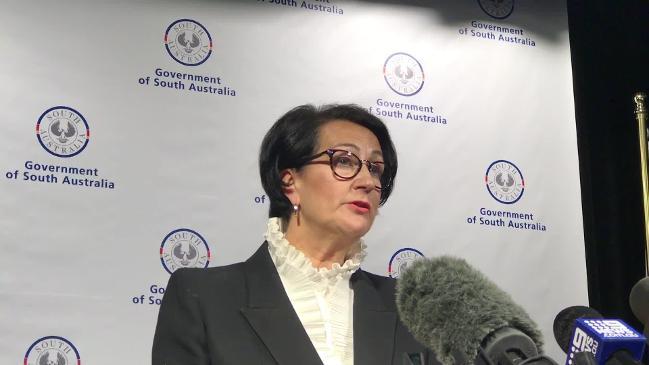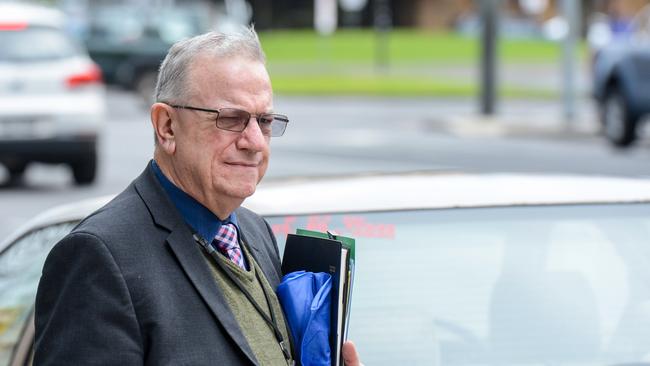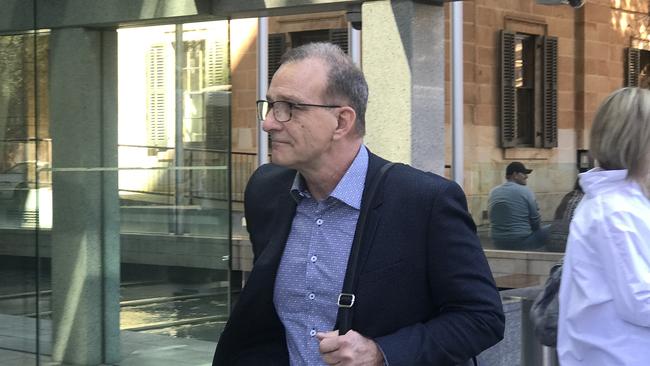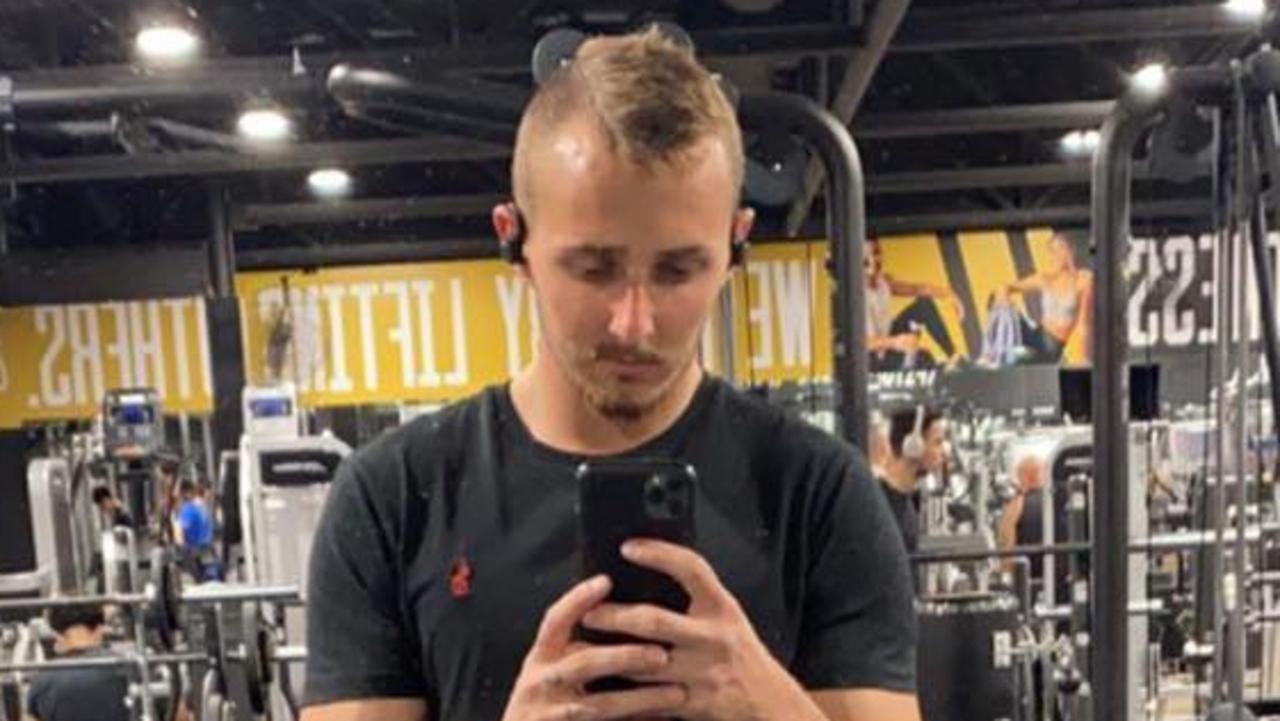Lawyer asks High Court to rule on Keogh’s unpaid legal bill claim
Adelaide lawyer Michael Hegarty is taking his fight to secure more than $500,000 in unpaid legal fees from Henry Keogh to the High Court.

Police & Courts
Don't miss out on the headlines from Police & Courts. Followed categories will be added to My News.
An Adelaide lawyer who claims Henry Keogh – who served 20 years for the murder of his fiancee – owes him $535,000 in unpaid legal fees has launched High Court action to try and recoup the debt.
Following a sensational legal appeal, Keogh was released from prison in 2014 and his conviction over the 1994 death of Anna-Jane Cheney quashed.
In the latest move in the long-running legal saga, well-known lawyer Michael Hegarty has lodged an application with the High Court seeking special leave to appeal an unsuccessful Court of Appeal action that sought to overturn a Supreme Court decision dismissing his claim.
Mr Hegarty’s application, which was lodged last Thursday, is also seeking to have the costs order against him dismissed.
“The Court of Appeal erred in law in applying tests for summary judgment … resulting in termination of the applicant’s claim in quantum meruit (an inferred promise to pay),’’ the High Court application states.

“The Court of Appeal erred in law in applying the law on quantum meruit to the facts available on the public record and the affidavit evidence of the applicant and respondent.’’
Mr Hegarty, barrister Kevin Borick KC and a host of other legal and medical experts worked for Keogh for almost a decade and were pivotal in obtaining the legislative change that resulted in his conviction being quashed in the Full Court in 2014.
His conviction was quashed because of flawed forensic evidence and a retrial ordered, but then Director of Public Prosecutions Adam Kimber, QC, subsequently dropped the murder charge because key witness Dr Colin Manock was too ill with dementia to testify.
When prosecutors opted not to try him a third time, despite the Full Court’s determination that “it would remain open to a properly directed jury to convict,” the then Liberal government awarded him a $2.57m payout for his 21 years in prison.

Mr Hegarty and Mr Borick then sued Keogh, claiming he had promised to pay their retainers should his appeal succeed, he be released and awarded any compensation.
Keogh, however, argued the duo were never more than volunteers who ceased working for him in 2012 – two years before his successful appeal in which he engaged other lawyers – and in December 2020 the Supreme Court dismissed the compensation claim and awarded costs.
While Mr Borick withdrew from the action, Mr Hegarty appealed this decision to the Court of Appeal which last month dismissed his appeal and refused permission for him to appeal against the costs order imposed in the unsuccessful Supreme Court action.
In its judgment the Court of Appeal, consisting of President Livesey and Justices Doyle and Bleby, held there was “no reasonable basis’’ for Mr Hegarty’s claim.
“The claim in quantum meruit fails because it was not unjust for the respondent client to accept the benefit of the appellant’s solicitor’s legal services without making restitution where those legal services were never to be remunerated unless the agreed contingency manifested, but it never did,’’ the judgment states.




